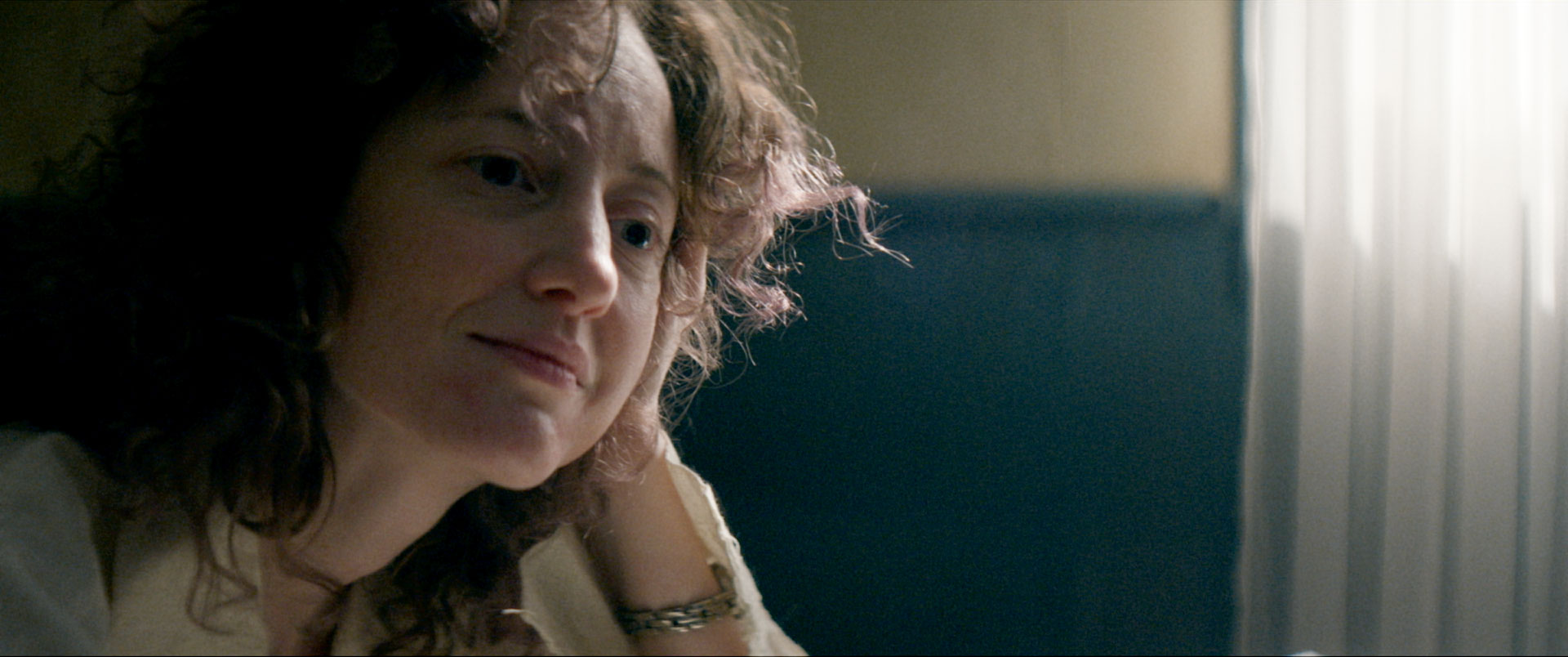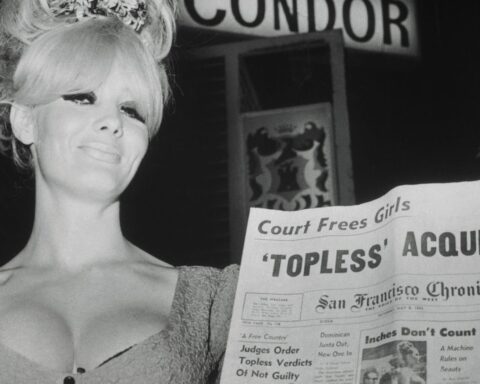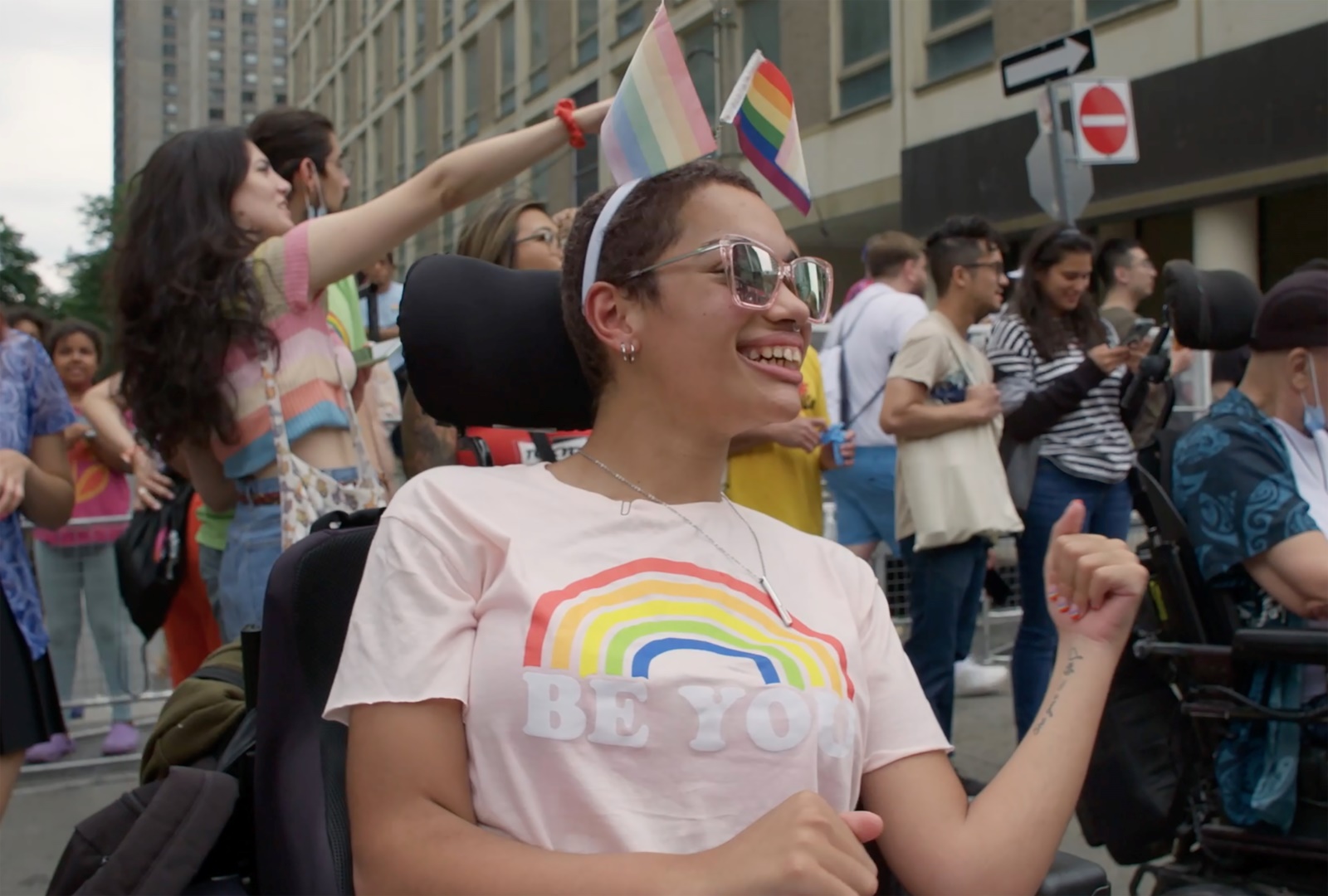My Name Is Andrea
(USA, 91 min.)
Dir. Pratibha Parmar
She was called extremist, motivated by rage, hopelessly anti-male, and too scary to be effective. But Andrea Dworkin fearlessly faced down her critics while she delved deeply into the epidemic of gender and sexual violence to become one of the most influential feminist writers of her generation.
Pratibha Parmar puts her lens on Dworkin’s life experiences to probe what moved her to write the books that, among other things, candidly described her own battery and rape, analyzed pornography as the ideology that promoted those abuses, and looked at sexual intercourse as a political problem, all while fuelling the movement to end sexual abuse. For her efforts, she was mocked by anti-feminists and American feminists who were appalled by a radical unafraid to criticize some of the U.S.A.’s most cherished institutions, including the first amendment.
I knew Dworkin personally and, as an anti-pornography activist, supported her efforts to find a civil rights legal remedy for those hurt by pornography. In private, she was warm, funny and not the least bit intimidating. But get her on a stage and she’d let out her rage in thundering oratory that never failed to transfix an audience. That was what made her scary to people who thought her rhetoric went too far.
Apart from some re-enactments, tidbits from TV appearances (Phil Donahue is far from warm and fuzzy) and scenes from a film depicting the horrific abuse Dworkin suffered at the hands of medical doctors at a Manhattan prison, Parmar uses two main strategies to tell Dworkin’s story. One shoots Amandla Stenberg, Soko, Andrea Riseborough, Ashley Judd, and Christine Lahti as they read from Dworkin’s works written at various stages of her life. These plainly are intended to add some texture to the doc, but, although the five women are skilled performers, they aren’t as effective as the second notion, which is to showcase Dworkin herself. The acted sequences pale compared to segments of interviews with Dworkin where she is soft-spoken and devastatingly clear, and other scenes featuring her spectacular appearances at the podium. Yes, they frightened her critics, but were evidence of a fearless writer who asked all the right questions. They are what make this documentary worth seeing.
To get a feel for Dworkin as a writer, read Last Days at Hot Slit, the excellent 2019 compendium of her original texts, published by Semiotext(e) and edited by Amy Scholder and Johanna Fateman (yes, of the band Le Tigre). The book, introduced by Fateman with an incisive appreciation, and My Name Is Andrea represent a welcome rehabilitation of the reputation of an iconically gifted writer who paved the way for a movement that put gender violence at the centre of public discourse.
My Name Is Andrea screens at the Toronto Jewish Film Festival on June 7 at 6:30 pm at Innis Town Hall.
Read more about the film in our interview with director Pratibha Parmar.












